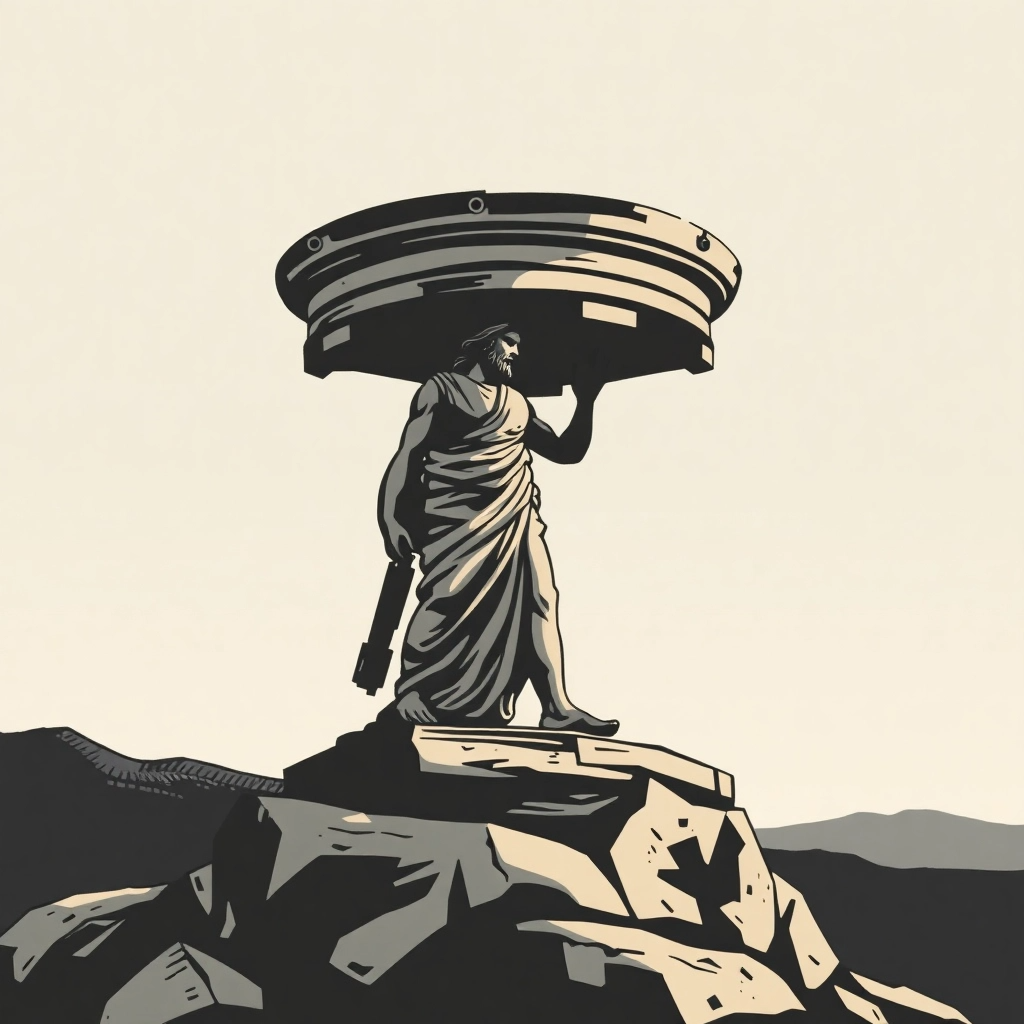
The Discipline of Endurance
“If it is endurable, then endure it. Stop complaining.”
This stark command from Marcus Aurelius reflects the Stoic emphasis on discipline, acceptance, and the conservation of mental energy. It addresses the common human tendency to lament misfortune and express dissatisfaction with circumstances perceived as difficult or unpleasant. Aurelius challenges this habit directly, suggesting a simple yet demanding criterion for our response to hardship: assess its endurability. If the situation, however uncomfortable, does not fundamentally threaten our ability to live virtuously or exercise reason – if it is, in fact, endurable – then the appropriate response is not complaint, but endurance. Complaining, from this perspective, is seen as a wasteful expenditure of energy, a futile resistance against reality that achieves nothing constructive and often serves only to magnify our own distress and potentially burden others.
The call to “endure” is not a call for passive resignation or suppression of feeling, but an active exercise of will and reason. It involves acknowledging the difficulty without letting it overwhelm our rational faculty. Endurance, in the Stoic sense, means maintaining inner composure, focusing on fulfilling our duties, and continuing to act virtuously despite the discomfort or pain. It is about recognizing that external hardships are tests of character, opportunities to practice virtues like patience, fortitude, and self-control. By choosing endurance over complaint, we affirm our commitment to reason and our independence from external circumstances. This disciplined acceptance prevents us from adding a second layer of suffering – the suffering caused by our own negative judgments and resistance – onto the initial hardship.
Practicing this principle requires developing self-awareness and emotional regulation. When faced with something unpleasant, the first step is to honestly assess its nature. Is this truly unbearable, or merely inconvenient? Does it prevent me from being a good person? If the answer is no, then the Stoic path is clear: accept it, bear it, and refrain from complaint. This might involve reframing the situation, focusing on the aspects that are within our control (our attitude, our effort), or simply acknowledging the discomfort without dwelling on it. It’s about cultivating a mental toughness that refuses to be broken by things that are ultimately manageable. By consciously choosing endurance and silencing the urge to complain about endurable difficulties, we not only conserve mental energy but also strengthen our character and cultivate a more profound sense of inner peace, regardless of external conditions.
“If it is endurable, then endure it. Stop complaining.” – Marcus Aurelius